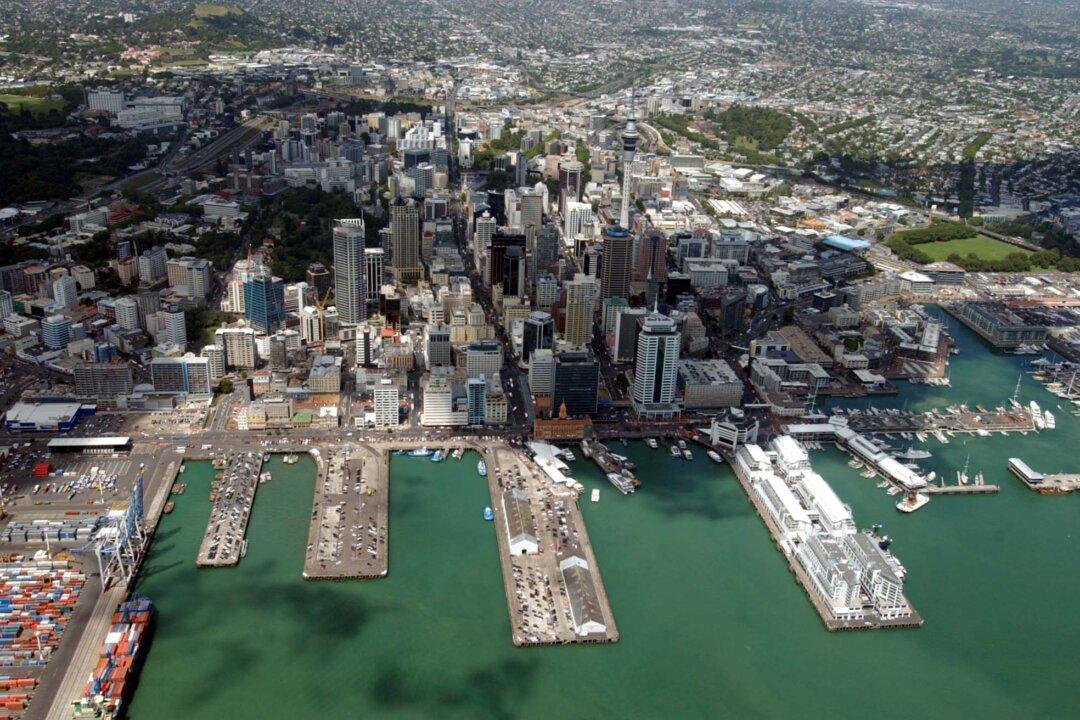WELLINGTON—New Zealand will send 14 new diplomats to the Pacific region next year, Foreign Minister Winston Peters said on Dec. 4, the latest move by Western governments to counter China’s growing influence in the strategic region.
The additional staff will be based in Samoa, Tonga, Fiji, Vanuatu, Papua New Guinea, Solomon Islands, Kiribati, and the U.S. state of Hawaii, Peters said in a statement.





